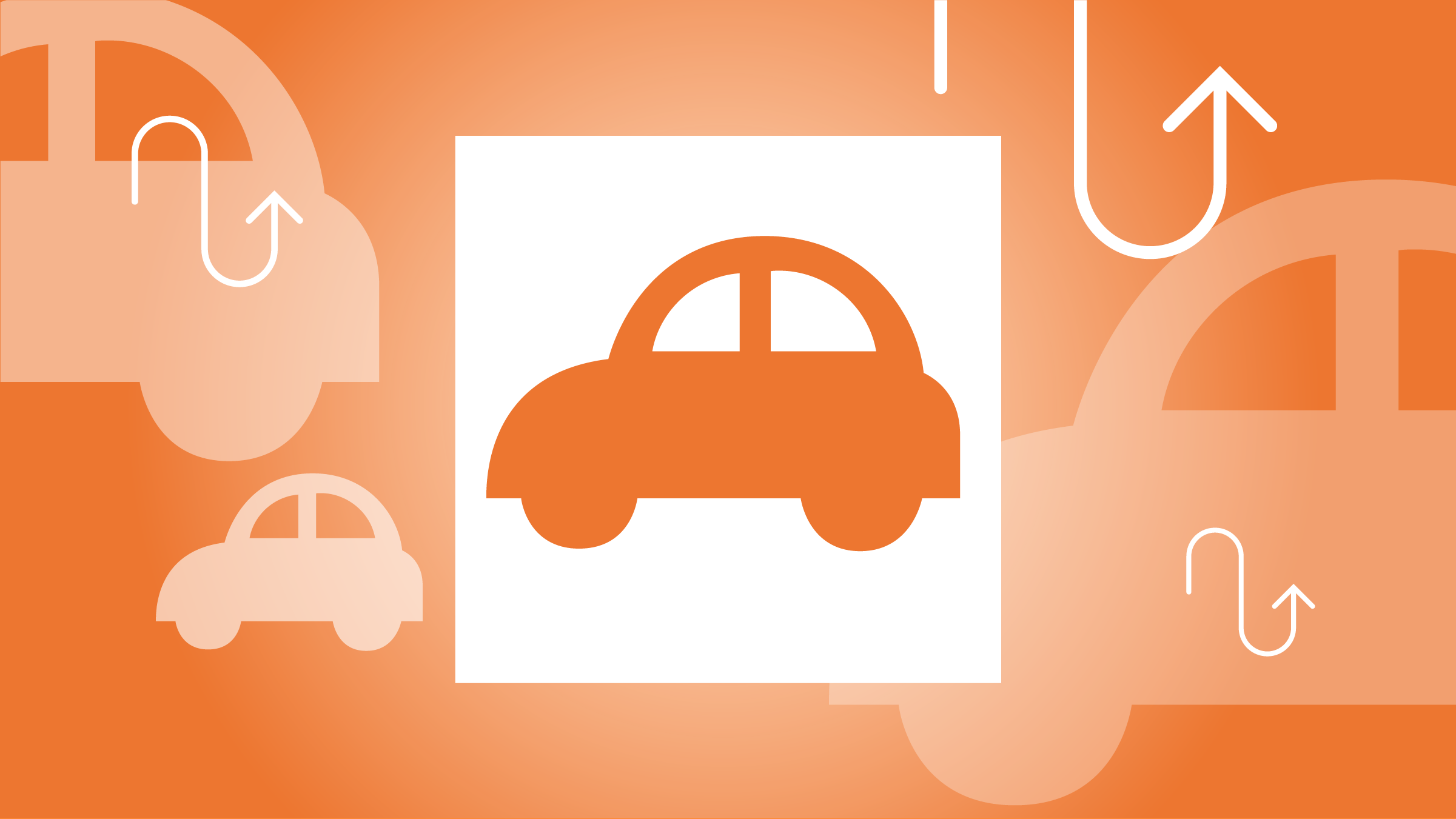Sonic Automotive Earnings: High Optimism for a Strong Fourth Quarter Is Justifiable

Sonic Automotive SAH is undergoing many changes. Rollout of its omnichannel Digital One Stop process and the CarCash app allows consumers to shop digitally or in-store and helps Sonic procure more used-vehicle inventory. Management has also worked to make the car-buying process nearly paperless, place the customer with only one person for the entire transaction, and enable the customer to take delivery of a vehicle in an hour or less after deciding which one to buy. It’s now building out a powersports segment which for now will likely focus on motorcycle stores such as Harley-Davidson.
In October 2013, Sonic announced its intention to compete with CarMax in used vehicles with EchoPark used-vehicle stores. The U.S. used-vehicle market is highly fragmented at about 40 million units a year, with late-model used vehicles as old as six years often making up at least 15 million units. Openings started in late 2014 in the Denver area and at year-end 2022, the EchoPark segment had about 50 stores and delivery centers in 21 states and targeted reaching 90% of the U.S. population by 2025. After temporarily closing all 14 delivery centers and 11 stores in June 2023 due to low late-model inventory supply, the EchoPark segment has 25 stores. It will take time for EchoPark to reach scale. The stores will not have a big-box retail format and are not capital-intensive due to most eventually being delivery and buy centers that only cost $1 million-$2 million each. These centers will be served by larger hub stores in a region that each cost between $7 million and $25 million. EchoPark will not do home delivery. Sonic does not plan a captive finance arm like CarMax enjoys. Good growth is not impossible in our view because EchoPark intentionally undercuts competitors on price, then recovers a small loss on the vehicle by arranging loans with third-party lenders and selling extended warranties, targeting over $2,000 gross profit per unit.
Sonic has scale relative to a small dealer and can get better terms from vendors for supplies, computer systems, and health insurance compared with a small dealer. It also captures lucrative service work over repair shops through its warranty business.
The author or authors do not own shares in any securities mentioned in this article. Find out about Morningstar’s editorial policies.

/s3.amazonaws.com/arc-authors/morningstar/222a1c0d-911c-4064-ac93-f9d4516d0a06.jpg)
/cloudfront-us-east-1.images.arcpublishing.com/morningstar/BMLHJZFOLJB3LP2IRVCCSTLZ6U.jpg)
/cloudfront-us-east-1.images.arcpublishing.com/morningstar/BSRZNDBL4JAMFPI4JSGK4QGDF4.jpg)
/cloudfront-us-east-1.images.arcpublishing.com/morningstar/ZPLVG6CJDRCOTOCETIKVMINBWU.png)
:quality(80)/s3.amazonaws.com/arc-authors/morningstar/222a1c0d-911c-4064-ac93-f9d4516d0a06.jpg)